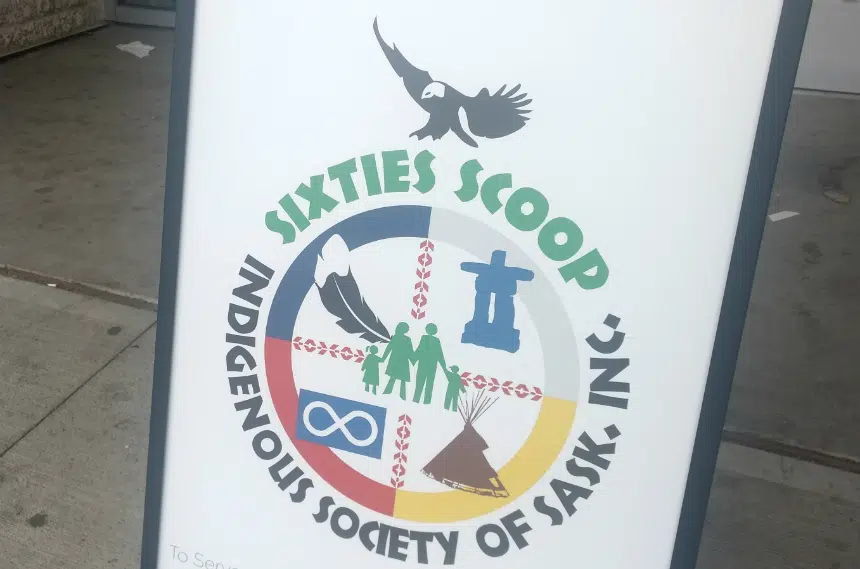Rod Belanger was three years old when he was taken away from his family.
He said the Sixties Scoop robbed him of the chance to know his grandparents, parents and siblings.
“I never spent a Christmas with my parents, ever. I never had that bonding with my mother. She wasn’t able to hold me. My father was the same,” Belanger said.
Belanger was later able to meet his parents, as well as siblings he never knew even existed, but said they were never able to form a meaningful relationship.
The effects of being one of an estimated 20,000 Indigenous children forcibly removed from their birth families and placed in non-Indigenous care during the 1960s to 80s were wide-ranging.
“I didn’t know how to parent very well. I didn’t know how to create a good family environment because I never got brought up in one,” he said.
“I lost a lot when I discovered that I needed to heal and … deal with the issues that stem from being apprehended. So I dealt with my addictions. I dealt with the alcohol. I dealt with some of the personality traits that weren’t in my favour.”
At 58, Belanger now has a family of his own, with children and grandchildren. He said he’s healthy, connected to his culture and dances internationally.
He is also a board member for the Sixties Scoop Indigenous Society of Saskatchewan, assisting with sharing circles for other survivors like him to talk about their experiences. The last of them were held in Regina at the mâmawêyatitân centre.
Their stories will help the provincial government prepare an apology for its role in the Sixties Scoop. This week, the board will compile a report and present it to the government.
However, Belanger is conflicted about how much good an apology will do.
“Even if they gave me a million dollars, it’s not going to restore what was taken from me as a child,” he said.
Instead, he wants to see action, such as educating people about Indigenous history and living up to treaty obligations.
“Over the years, we’ve tried to create an environment where the lands were back to a place where they were shared, where the resources were shared, there was recognition of those treaties and those agreements that were made nation-to-nation,” he said.
“If they would’ve been (followed) to begin with, we wouldn’t be sitting here talking.”











